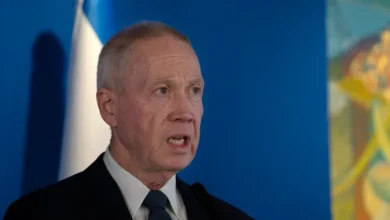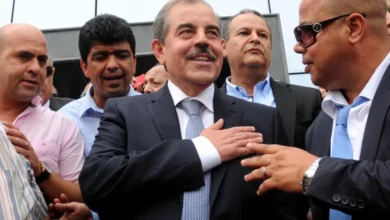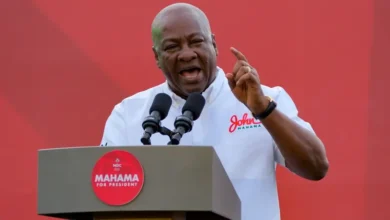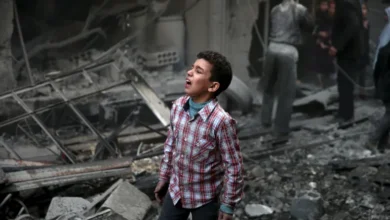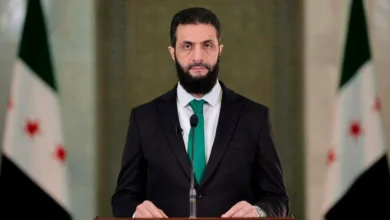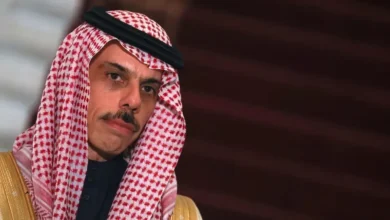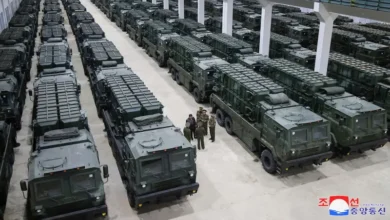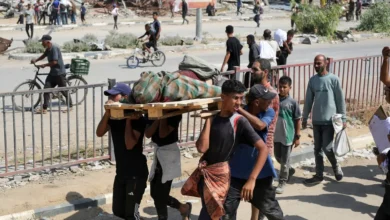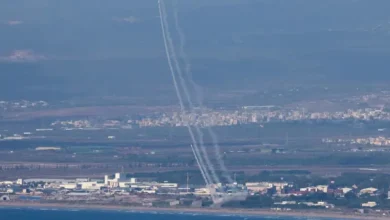Lebanese see hope and beauty ahead in fragile ceasefire
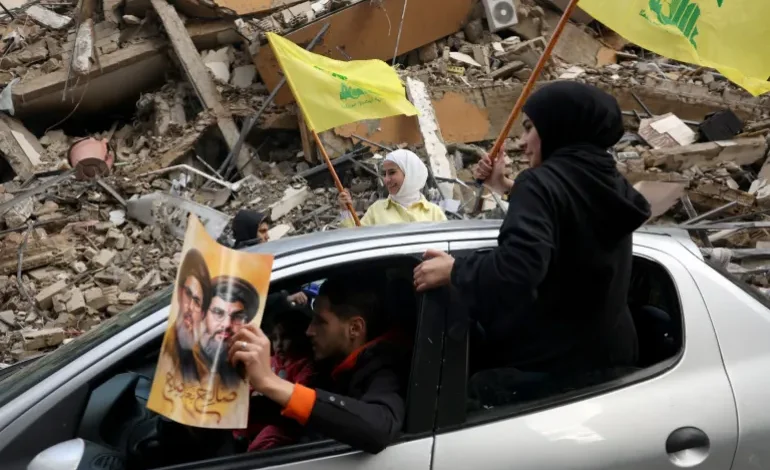
For the past two months, St Francis Church in Hamra has taken in displaced families from southern Lebanon and Dahiyeh, a constellation of Beirut suburbs.
It’s been a difficult time for many of the families who fled Israeli bombing and a ground offensive in the south, but since early Wednesday when a ceasefire came into effect, there has been a different energy in the air.
Standing by the door to the church’s car park, where the displaced have pitched tents, Ibrahim Termos, 25, radiated joy when asked about the ceasefire on Wednesday.
Around him, people were packing up their tents and belongings as they prepared for the journey back home.
“It’s not about just a ceasefire but that we won a ceasefire,” Termos said, smiling. He lost his home in this war, but the fact the nightmare of the past two months is over has him focusing on the positive.
A celebratory mood
After nearly 14 months of fighting, the Lebanese armed group Hezbollah and Israel agreed to a ceasefire.
It stipulates that Israel must withdraw from Lebanon, and Hezbollah is to retreat north of the Litani River. The Lebanese military is to deploy to fill that space along the border with Israel within 60 days.
While some people were sceptical that Israel would commit fully to the ceasefire – doubts that resurfaced on Thursday as Israel fired on a number of locations in Lebanon – the general mood was euphoric.
A quarter of Lebanon’s population has been displaced in the war, and videos and photos of packed roads circulated on social media as people headed home before the day even broke on Wednesday.
